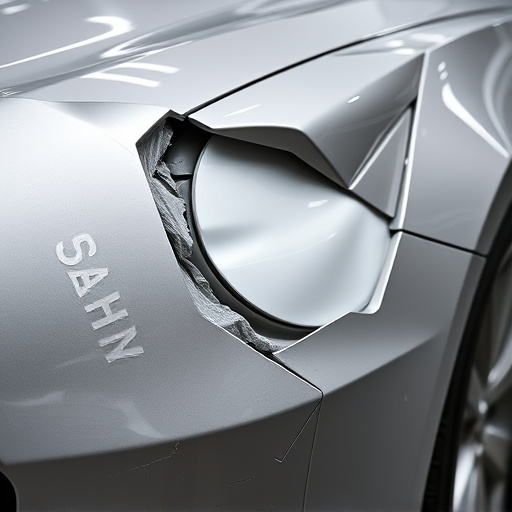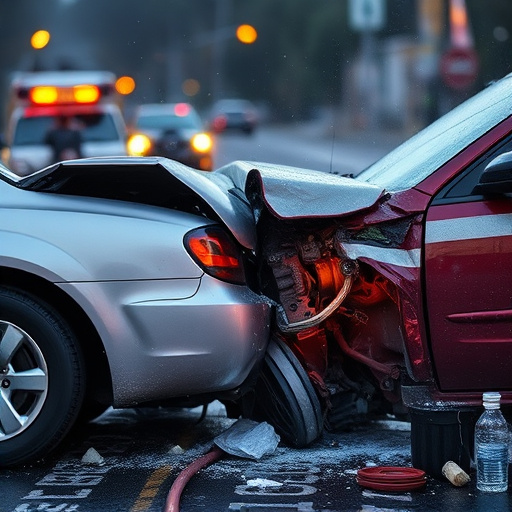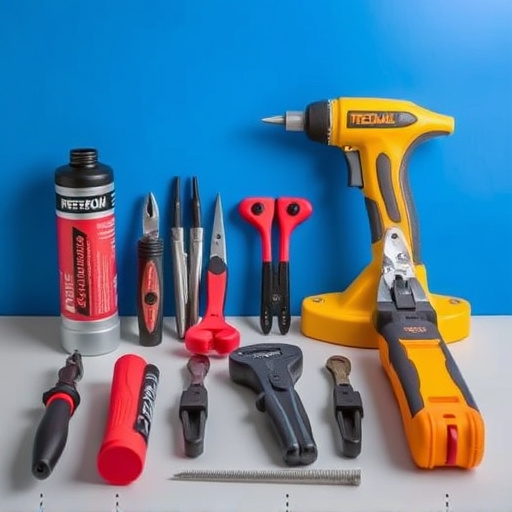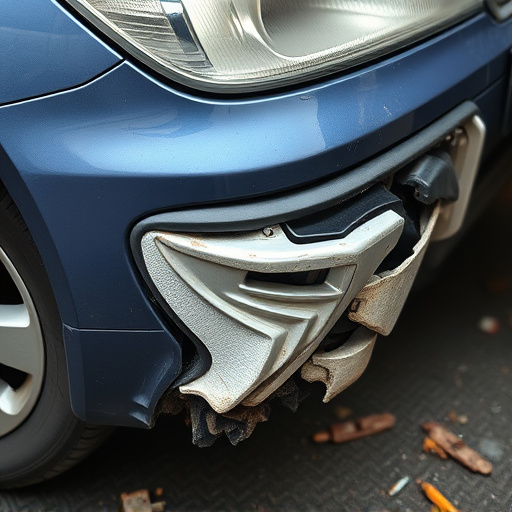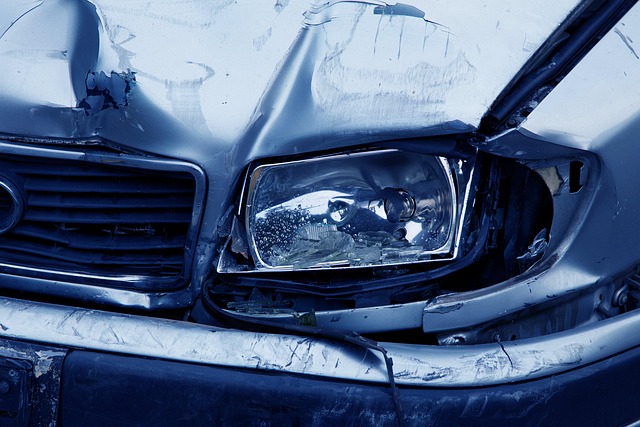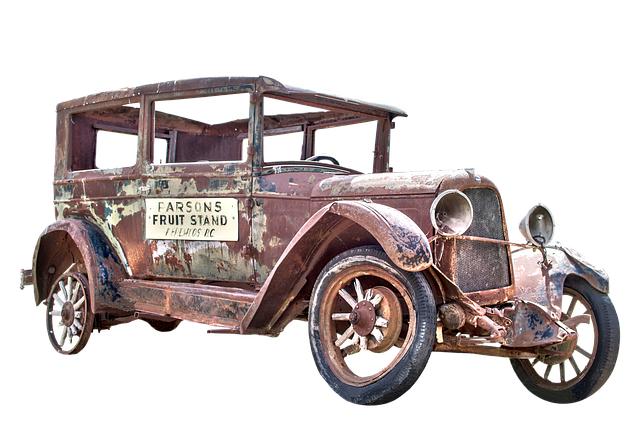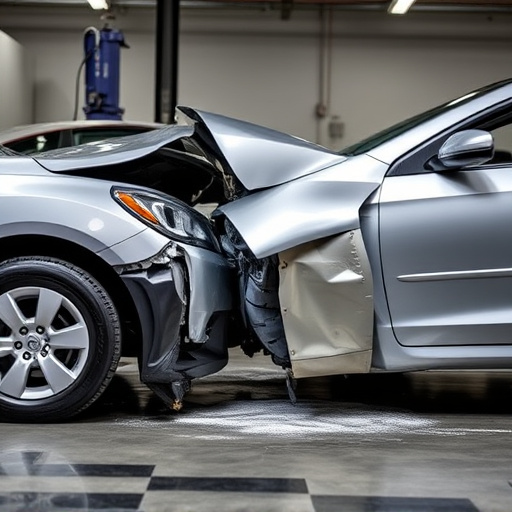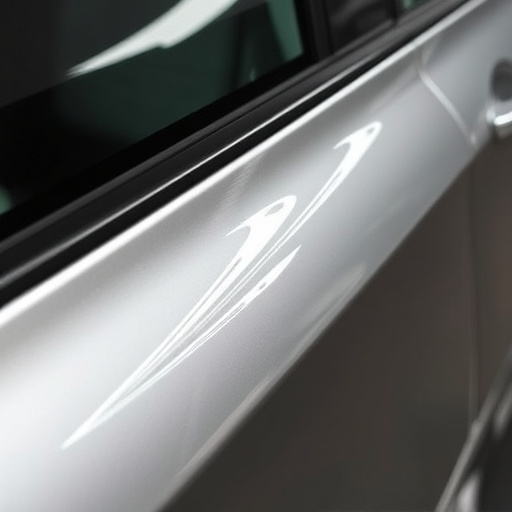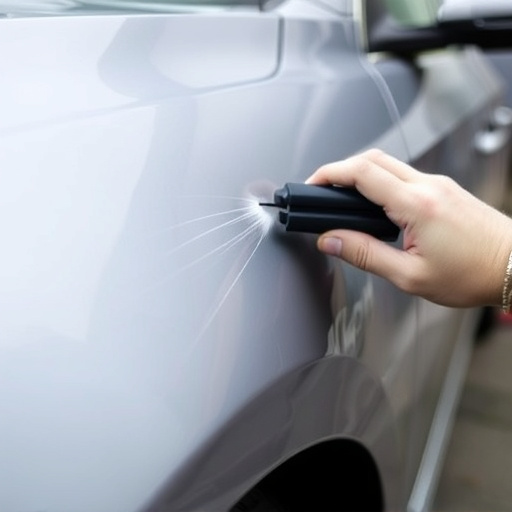Power steering collision repair is a critical aspect of modern automotive service, ensuring safety and comfort through precise hydraulic pressure adjustments. Sensor integration has revolutionized this field, providing real-time data for accurate diagnostics and efficient repairs, including auto glass and complex body work. Advanced sensor technologies are shaping the future of power steering collision repair, promising improved accuracy, reduced downtime, and enhanced customer satisfaction in luxury brands like Mercedes Benz repairs, setting new industry standards.
Sensors play a pivotal role in modern power steering systems, enhancing safety and performance. In the context of power steering collision repair, these components are crucial for accurate diagnostics and efficient repairs. This article delves into the intricacies of understanding power steering systems and their various components. We explore how sensors impact the collision repair process, offering insights into advanced technologies that are revolutionizing this sector. By examining current trends and future prospects, we emphasize the significance of sensors in ensuring safer and more effective power steering collision repair.
- Understanding Power Steering Systems and Their Components
- The Impact of Sensors on Collision Repair Process
- Advanced Sensor Technologies and Future Prospects in Power Steering Collision Repair
Understanding Power Steering Systems and Their Components
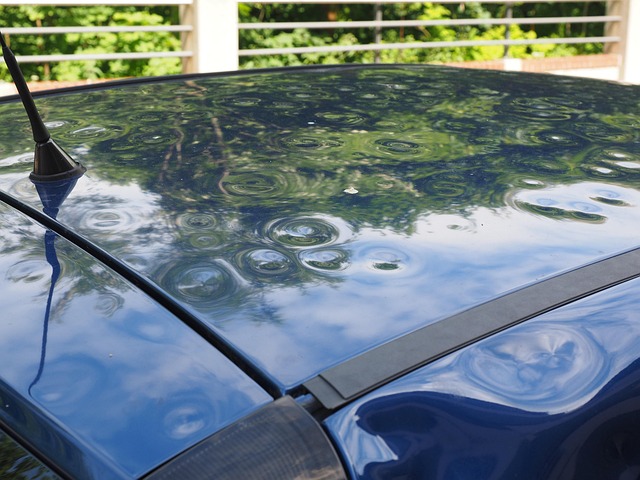
Power steering systems are a critical component in modern vehicles, designed to make driving safer and more comfortable. These systems assist drivers with steering by reducing the amount of effort required, especially at low speeds or when parking. They work through a combination of hydraulic pressure and electronic sensors that communicate with the vehicle’s computer. Understanding these intricate systems is key in any power steering collision repair process.
When a collision occurs, various components within the power steering system can be affected. Sensors play a vital role in detecting changes in steering parameters, such as angle, speed, and torque. These sensors provide real-time data to the vehicle’s computer, enabling it to adjust hydraulic pressure accordingly. In a collision repair shop, technicians must inspect these sensors for damage or malfunction, as they are essential for accurate and efficient power steering operation after car paint repair or car body repair procedures.
The Impact of Sensors on Collision Repair Process

The advent of sensors has significantly transformed the landscape of power steering collision repair. These sophisticated devices play a pivotal role in enhancing the precision and efficiency of repair processes, ensuring that vehicles return to the road safely and reliably. By providing real-time data on various vehicle systems, sensors enable auto technicians to accurately diagnose issues with car body components, including auto glass repair or more intricate car body restoration work. This level of precision is crucial for achieving optimal performance and safety standards in power steering mechanisms.
Moreover, the integration of sensors into collision repair workflows streamlines operations, reduces the likelihood of human error, and minimizes downtime. With sensors guiding repairs, technicians can focus on high-quality car body repair and restoration, leveraging data-driven insights to make informed decisions. This not only benefits the automotive industry by improving overall vehicle safety but also ensures that customers receive top-notch service, restoring their vehicles to pre-collision condition efficiently.
Advanced Sensor Technologies and Future Prospects in Power Steering Collision Repair
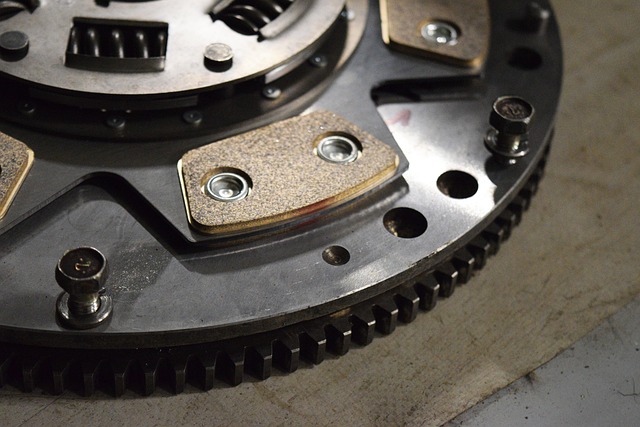
The future of power steering collision repair lies in advanced sensor technologies that offer precision and efficiency. These sensors play a pivotal role in modern vehicles, providing real-time data to enhance safety and performance. In the context of car collision repair, especially for luxury brands like Mercedes Benz repair, these sensors become invaluable tools. By accurately detecting and analyzing vehicle dynamics during an accident, sensors enable technicians to precisely assess damage, ensuring that every component is restored to its optimal condition.
This technology promises a new era in collision repair shops, where repairs are not just structural but also intelligent. Advanced sensors can detect subtle changes in steering systems, providing insights into the health of power steering components. This proactive approach to mercedes benz repair and car collision repair as a whole could lead to reduced repair times, improved accuracy, and enhanced customer satisfaction, setting new standards for collision repair shops.
Sensors play a pivotal role in modern power steering systems, enhancing safety and efficiency. In the context of power steering collision repair, their impact is profound, enabling precise diagnostics and targeted repairs. Advanced sensor technologies continue to shape the future of this sector, promising faster, more accurate, and eco-friendly collision repair processes. By leveraging these innovations, professionals can ensure optimal vehicle performance and enhanced driver safety in the digital age.
